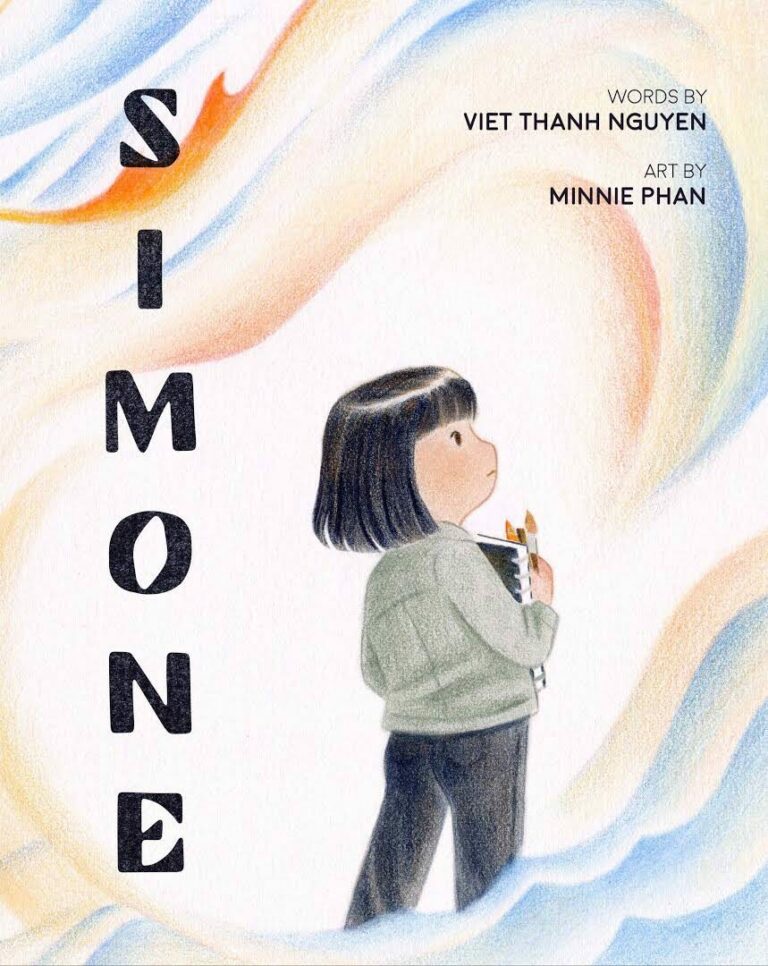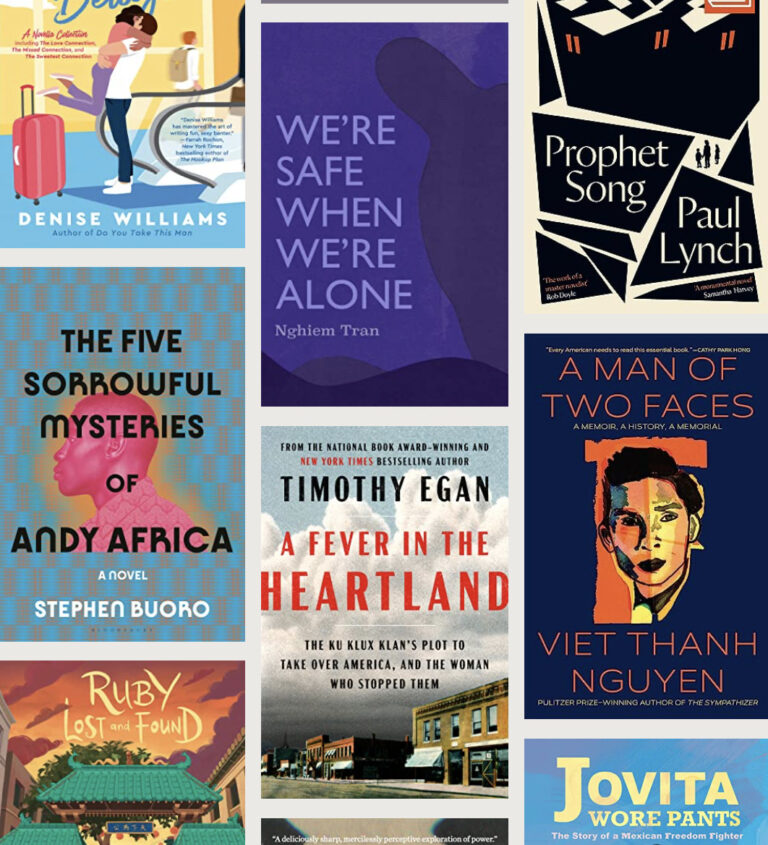Calvin Godfrey of Thanh Nien News reviews Viet Thanh Nguyen’s book The Sympathizer.

For all The Sympathizer’s spies, murders and explosions, it seems an unlikely candidate for a Hollywood adaptation.
As we near the 40th Anniversary of the “Fall of Saigon,” big time directors like Clint Eastwood are probably thumbing through novels like “Abandoned in Hell,” the latest addition to the cannon of books that tracks a young green beret captain and his outgunned team of “Montagnards” as they struggle to hold a hill in the Central Highlands against an onslaught of advancing North Vietnamese soldiers.
“The Sympathizer,” on the other hand, contains far too many Vietnamese characters whose alliances, thoughts and feelings wouldn’t lend themselves too well to film. Too many communists, compromised idealists and not enough purring prostitutes or pretty snipers.
And they’re all too funny.
Instead of a brash, blue-eyed American soldier, the book follows a communist spy embedded in the Republic of Vietnam’s leadership as it flees to southern California in April of 1975.
He and his targets find themselves struggling with the meaning of their experience and what to do next, while those around them jockey to turn their suffering into a backdrop for riveting entertainment.
If there is a “bad guy” in the book, it may be Hollywood itself.
“Hollywood did not just make horror movie monsters,” the spy tells us. “It was its own horror movie monster, smashing me under its foot.”
This book’s going to piss everyone off,” Nguyen chuckled on a flight from San Francisco to Los Angeles, where fate had sat us side by side.
On Hollywood Boulevard, the spy watches a former general bag liquor, while a Green Beret turned congressman stokes his futile revenge fantasies for votes.
In the universities of this fictionalized, post-war Los Angeles, aging orientalists expect their yellow secretaries and students to nod when they assert that human life means less to “orientals” than it does to “occidentals.”
Nguyen’s protagonist must keep secrets as a matter of good spy craft, but so must the people he’s spying on as they try to simply get along.
“As a nonwhite person, the General, like myself, knew he must be patient with white people, who were easily scared by the nonwhite. Even with liberal white people, one could go only so far, and with average white people one could barely go anywhere.”
In “The Sympathizer,” all of America’s new Vietnamese arrivals prove good spies, of sorts–secretly eavesdropping on conversations and mannerisms and filing notes back home in code.
“We were the greatest anthropologists ever of the American people, which the American people never knew because our field notes were written in our own language in letters and postcards dispatched to our countries of origin, where our relatives read our reports with hilarity, confusion and awe.”
While the Vietnamese toil away representing their new countrymen in secret, the Americans do so, indelicately, on giant film screens.
At some point, events push the spy into the hands of a Hollywood director in need of a technical advisor.
When the spy attempts, to clarify just which of Vietnam’s 54 ethnic minorities are being referred to in a scene that calls for “Montagnards” the book’s bearded “Auteur” (read, Francis Ford Coppola) offers an answer.
“You ready. Here it is. No one gives a shit.”
No one may understand the calculus of what about Vietnam seduces an American audience than the book’s author, Professor Nguyen Thanh Viet, who teaches English and American Studies at the University of Southern California.
If it achieves nothing else when it comes out next month, “The Sympathizer” remind its readers that the Vietnam War had the dubious distinction of being the first to have its history written by the losers.
As in Linh Dinh’s heart-breaking and horny “Love like Hate”, no one in Nguyen’s novel is spared the knife.
By the spy’s telling, life in pre-revolutionary Vietnam was a period of “avuncular molestation” orchestrated by the French. The South Vietnam was “a kleptocracy” in which the state raped and tortured its own citizens under the approving eye of the CIA and post-revolutionary Vietnam gets pilloried as paranoid, draconian and entirely uninhabitable for a person capable of seeing things from more than one side.
And like all great satire, it should.
Nguyen’s voice is sharp and acerbic and unforgiving and ungrateful. He’s funny and bright and he goes farther than any author in pursuing his spy’s one professed talent—one that war made undesirable for generations–trying to understand things from both sides.
The Sympathizer comes out on April 7th and is available for purchase as an e-book ($14.99) or download ($19.26).


